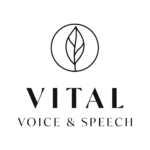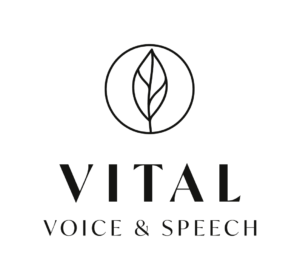When most people hear the term speech therapy, the thought of therapy for children is what may come to mind. However, there are millions of adults who may have their communication skills impacted by a speech, language or voice problem. The cause of communication disorders in adults may vary. It is important to seek out a speech language pathologist (SLP) that specializes in working with the adult population to maximize progress and improvement.
Speech and language disorders in adults typically occur as a result of a neurological change. A neurological change can include a stroke, brain tumor, brain injury or a degenerative neurological disorder. Degenerative neurological disorders are brain diseases that get worse over time. This may include Parkinson’s Disease, MS, ALS and others. Speech and language therapy provides interactions, exercises, stimulation and practicing appropriate strategy to improve language skills and/or speech intelligibility. SLPs also work on cognitive linguistic skills helping people improve their memory, attention and thinking skills to function in daily life or get back to work. Voice disorders are also common in adults who may have a profession requiring heavy voice use such as singers, teachers or lawyers.
Aphasia
Aphasia is a language disorder caused by damage to person’s brain from a stroke, brain tumor or traumatic brain injury. Aphasia may cause difficulty in speaking, understanding, reading and/or writing. It impacts a person’s ability to express their needs or ideas. It also impacts the lives of family members close to them. It is important to involve patients and families in the speech therapy sessions to facilitate individual communication strategies. To learn more about aphasia click here.
Dysarthria
Dysarthria is a speech disorder in which a person’s articulation is impaired which impacts their speech intelligibility. It may result from a neurological problem or due to head and neck cancer. Dysarthria is characterized by imprecise movement of our tongue, lips and mouth to produce our speech sounds. To learn more about dysarthria click here.
Apraxia
Apraxia is in inability to coordinate the tongue, lips and mouth to produce speech sounds. Our brain sends messages to our muscles telling them how to move to make our speech sounds. Apraxia may result from damage to our brain such as a in stroke or brain injury. To learn more about apraxia click here.
Cognitive Communication Impairments
Cognitive communication impairments may occur after a stroke, brain injury, brain tumor or with degenerative neurological disorders (brain diseases that get worse over time). Cognitive communication impairments may impact a person’s memory, attention and thinking skills. Speech therapy will provide functional practice and appropriate strategy use to improve problem solving, memory and attention. To learn more about cognitive communication impairments click here.
Voice Disorders
Voice problems may result from excessive or loud talking which cause voice hoarseness or breathy voice qualities. Some professions require a large amount of voice use causing voice fatigue and even damage to your voice box. Other voice problems may result in a neurological problem or damage to the vocal cords after surgery. It is important to have an SLP who specializes in voice disorders to maximize improvement in your voice production. To learn more about voice therapy click here.
Vital Voice and Speech specializes in providing adults with quality speech therapy online. We provide you or your family member with a convenient way to improve communication skills. Contact us today to schedule a free intro videoconferencing session.



